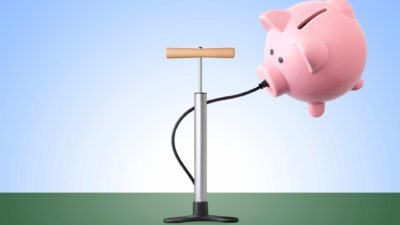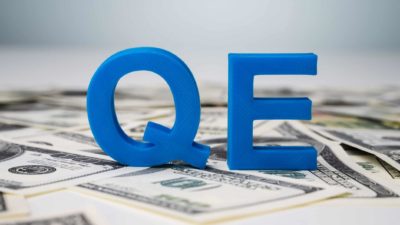Recession fears have loomed large over 2019. After the late 2018 scare which saw a near-20% correction in the S&P/ASX200 (INDEXASX: XJO) as well as the US Dow Jones Industrial Average, investors have seemingly spent 2019 fearing the worse.
Between yield curve inversions, Brexit, the Sino–US Trade War and the interest rate pivots by central banks, there was more than a few causes of concern for investors.
But despite all this, we have managed to be on track for one of the best years on the markets in recent memory (touch wood). And that's on top of a 10-year bull run.
I'm still a little cautious going into the 2020s though. There's an old saying that bull-markets die on euphoria – and the markets are certainly euphoric at the moment. I'm not foolish enough to try and predict when a recession might next appear on the horizon. For all I know, next year could deliver an even better set of numbers than this year has. But I'm also not taking the market at its word that it's just onwards and upwards from here.
So in that vein, here are 3 ways you can position your portfolio in a more defensive manner.
Hold cash
In a downturn, they say cash is king. That's because cash is by its nature completely involatile and will not lose its value if markets correct, which can give your portfolio a nice cushion. Additionally, you can use your cash to buy stocks that might have fallen in value. Warren Buffett likes to say that when it rains gold (aka a downturn), you want a bathtub, not a thimble.
Invest in hedge assets
Stocks are known to be volatile at the best of times, but other assets like gold or bonds often show negative correlation with this volatility (meaning they go up when shares go down). Holding bonds or gold (or both) could be a nice way to bank some gains if your ASX share portfolio drops in value. ETFs like the Vanguard Australian Fixed Interest Index Fund (ASX: VAF) or the ETFS Physical Gold ETF (ASX: GOLD) offer an easy way to do this.
Buy defensive dividend shares
Some companies offer more defensive earnings bases that might withstand the difficulties of a recession better than others. Although nothing is guaranteed in the world of dividends, I would personally expect the payouts of a company like toll-road provider Transurban Group (ASX: TCL) to be more stable than a retail company like JB Hi-Fi Limited (ASX: JBH) in a recessionary environment, for example. Having consistent dividend coming in when the markets are falling can help give your portfolio a boost and offset losses elsewhere.
Foolish takeaway
Although there's no way to completely recession-proof your ASX portfolio (without going 100% cash), I think these three methods would certainly help to mitigate losses and volatility. Thus, I think employing at least some of these ideas might be a prudent way to start 2020.







